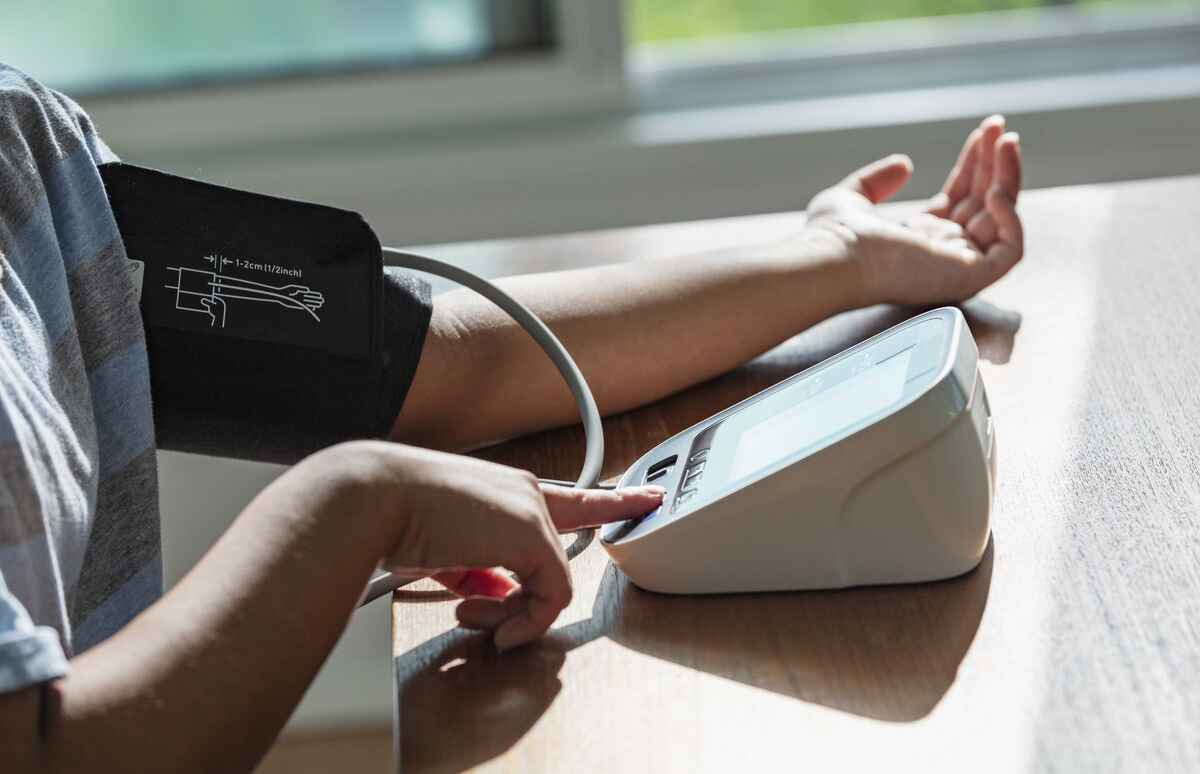If it seems like more people are getting COVID-19 these days, the BA.5 variant may be to blame. It has several mutations that differentiates it from the original Omicron BA.1, causing it to spread more rapidly. While BA.5 may not be more dangerous than previous variants, some patients are getting repeat infections shortly after recovering from a bout of COVID-19.
“We are seeing a lot of COVID in the community right now. The pandemic is not over,” said Richard Martinello, MD, director of Infection Prevention for Yale New Haven Health. “Even though it’s the height of summer we are seeing a lot of disease and people need to do what they can to protect themselves.”
Dr. Martinello answered some frequently asked questions about BA.5 and explained how we can protect ourselves.
What are the BA.5 symptoms?
The symptoms associated with BA.5 are like what we have seen with other variants, such as fever. However, because repeat infections can happen, people who recently had COVID-19 should not dismiss mild symptoms like a sore throat or runny nose. Anyone who suspects they are sick should get tested. If a home test is negative, continue to take follow-up home tests or schedule a PCR test to be sure.
Is this variant more dangerous than previous variants?
BA.5 does not seem to be more dangerous than previous variants. However, with more cases of COVID-19 circulating, we have seen a higher number of people who are hospitalized.
How can you protect yourself from BA.5?
The methods we all used to stay safe during previous waves of COVID-19 still ring true. Get vaccinated, stay home when you get sick and get tested. With this variant, being outdoors may not provide the same level of protection that we previously enjoyed.
“While we know outdoors is a safer situation in general than indoors, it does not mean that being outdoors is perfectly safe. So, we still need to be thinking about our distance. If we cannot maintain that distance or are otherwise in a crowded area, we should still be encouraged to use respiratory protection,” Dr. Martinello said.
Should people be changing summer plans to try and avoid BA.5?
We make hundreds of safety decisions each day and each person will need to balance the potential risk at gatherings versus the social need for us to be with loved ones. To make gatherings this summer safer, wear a mask in crowded spaces, ask people to test before gathering and always stay home if you feel unwell and stay up to date on vaccination.
When can we expect variant specific vaccines to become available?
It’s possible we may see updated vaccine guidance in the fall that could include the recommendation of a variant specific vaccine. There is some debate however over whether that would be an effective approach to fighting COVID-19. We know the current vaccines and boosters still offer a strong protection against severe disease and hospitalization. It’s possible the updated guidance may include an additional booster instead of a variant specific vaccine. Either way, it’s important for everyone who is eligible to get vaccinated as it remains our strongest protection against all variants.




